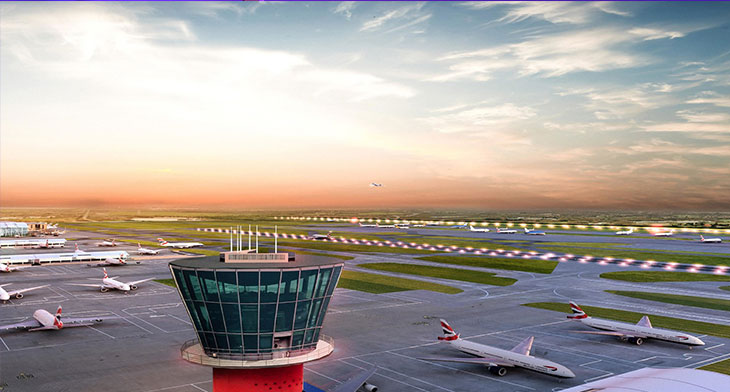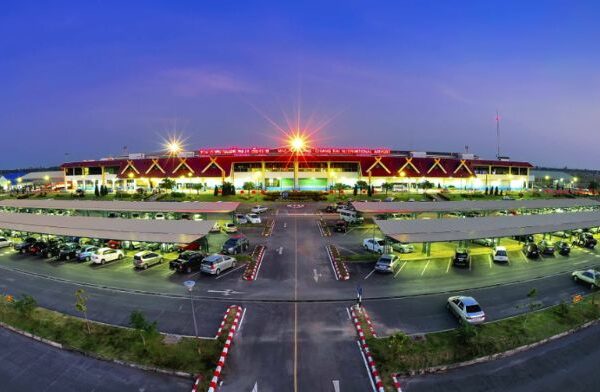


The UK Government has set out a 22-point plan to tackle aviation disruption ahead of the anticipated swell in passenger traffic this summer. The government action comes as Scottish and Northern Irish schools break up for the summer period, with Welsh and English schools following later in July.
The government is calling on the industry to do everything within its power to ensure there is no repeat of the problems experienced during the Easter and half-term breaks.
Measures the government is taking to support the aviation industry include: helping recruit and train staff; ensure the delivery of a realistic summer schedule; minimise disruption; and support passengers when delays and cancellations are unavoidable.
The plan follows the recent one-off ‘amnesty’ on airport slot rules, which is being provided as an exceptional measure while industry progresses plans to recruit necessary staff, and to enable airlines to plan ahead and avoid last-minute cancellations.
Under these exceptional airport slot rules, the government has given airlines a short window to hand back slots for the rest of the summer season that they are not confident they will be able to operate.
Underlining that the industry must take the appropriate steps to avoid the chaos seen at airports throughout the Easter and half term break, government ministers have been clear that reaching for the lever marked ‘more immigration’ is not an obvious solution to the problem. Instead the UK Government has emphasised its commitment to building a robust and dependable domestic aviation industry following the launch in 2021 of its Aviation Skills Retention Platform to help develop and retain UK workers.
“Holidaymakers deserve certainty ahead of their first summer getaways free of travel restrictions,” said Transport Secretary, Grant Shapps. “While it’s never going to be possible to avoid every single delay or cancellation, we’ve been working closely with airports and airlines to make sure they are running realistic schedules.
He added that the responsibility of running flights on schedule or cancelling them with plenty of time to spare is the responsibility of airports and airlines.
“With 100 days having passed since we set out that restrictions would be eased, there’s simply no excuse for widespread disruption,” he added.
Richard Moriaty, Chief Executive of the UK Civil Aviation Authority noted: “We share government’s ambitions for resolving the travel issues that we’ve seen in previous months. These actions will help the sector to be more resilient in dealing with strong consumer demand.”
Other actions outlined by the government in its action plan include measures taken to reduce the time it takes to get new staff on board while maintaining the highest standards of security, including changing the law to allow greater flexibility over background checks and allowing employers to use an HM Revenue and Customs letter to verify five years of employment checks.
A new aviation passenger charter is also expected to be launched by the UK Government in due course. Developed in partnership with industry and consumer groups, the charter will be a one-stop guide for consumers informing them of their rights and what they can reasonably expect of airports and airlines when flying.






